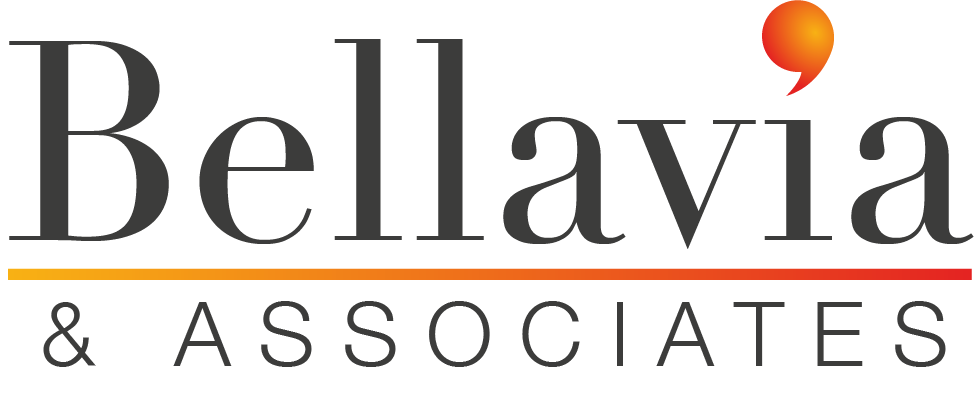Change in HMRC creditor status creates new challenges for struggling businesses
Benjamin Franklin, one of the founding fathers of the United States, once famously wrote that ‘in this world nothing can be said to be certain, except death and taxes’.
The latter has been a little questionable this year as HMRC has been somewhat benevolent during the Covid pandemic; with VAT cuts, furlough payments, grants for the self-employed and additional time to pay tax owed among its acts of apparent largesse.
But don’t worry – the taxman is about to revert to type with an imminent law change that could create substantial new challenges for businesses already struggling because of the pandemic.
From December 1st, HMRC’s status in the queue of creditors to be paid because of corporate insolvencies will be elevated.
HMRC will become a secondary preferential creditor rather than an unsecured creditor.
That means the taxman will jump ahead of the likes of unsecured suppliers, customers, banks and pension schemes in the creditors’ queue, particularly for taxes owed such as PAYE and VAT (but not corporation tax).
HMRC previously held preferential status until 2003, when the Enterprise Act abolished it. The government announced in 2018 it intended to return the status, but legislation was only passed in this July’s Finance Act.
The government’s intention of returning HMRC’s preferential status was first announced in the Autumn budget of 2018, but it was not legislated on until the Finance Act of 2020 in July.
However, whereas pre-2003 HMRC could only have priority for outstanding tax in the 12 months prior to insolvency, there is no time limit in next month’s changes.
Some financial experts estimate the law change will result in an additional £195m for the HMRC’s coffers every year – but the adverse effect on lending capital could be as much as £1bn a year.
Traditionally, HMRC has not been backwards in coming forward when it comes to triggering insolvencies.
When winding-up orders are reported by the media, they are often at the behest of HMRC. Some commentators fear a move up the creditors’ ladder will be an incentive for HMRC to indulge in even more hawkish behaviour.
The change in HMRC’s status is likely to be bad news for lower-ranking creditors. As significant sums of unpaid tax are often owed by struggling companies, it could lead to lower-tier creditors getting little or nothing.
This could see the risk of insolvency spreading to suppliers, with the result being a hesitancy to extend credit facilities.
Banks, normally viewed as ‘floating charge’ secured lenders, will also lose out. This may make loans harder to obtain, particularly for small businesses, or at best higher borrowing rates.
Whatever way you look at it, the change is bad news for many businesses, particularly those struggling to navigate their way through the financial minefields created by Covid.
HMRC is often owed significant sums of unpaid tax in struggling companies, so the lower tier creditors are likely to get reduced amounts – or nothing. Secondary outcomes may therefore include spreading the risk of insolvency to suppliers, who in turn are likely to be more tentative in contracting and extending credit.
It is a striking change after months of furlough schemes and easy-access business loans, with some believing it will have a ‘chilling’ impact on the economy.
One way around the issue that we recommend to our clients is, when looking to supply to a new company customer, to ask for its directors to give their personal guarantee and so take responsibility for their company’s debts.
A personal guarantee is often a good consideration when contracting with limited companies, but it is always a judgement call and a balancing act. Ask for it and it may frighten away the business – but if the director says ‘no’, then it is likely to be no more than bad business lost (why would a supplier or customer want to engage with a company director who doesn’t have enough confidence in their company to guarantee its performance?)
We would advise any company facing financial difficulties to talk to expert solicitors or insolvency practitioners such as Bellavia & Associates as soon as possible.
We are here to help and provide the best possible advice, because in uncertain times you can be certain of Bellavia & Associates.
Zep Bellavia is the Managing Director of Newport-based Bellavia & Associates.


